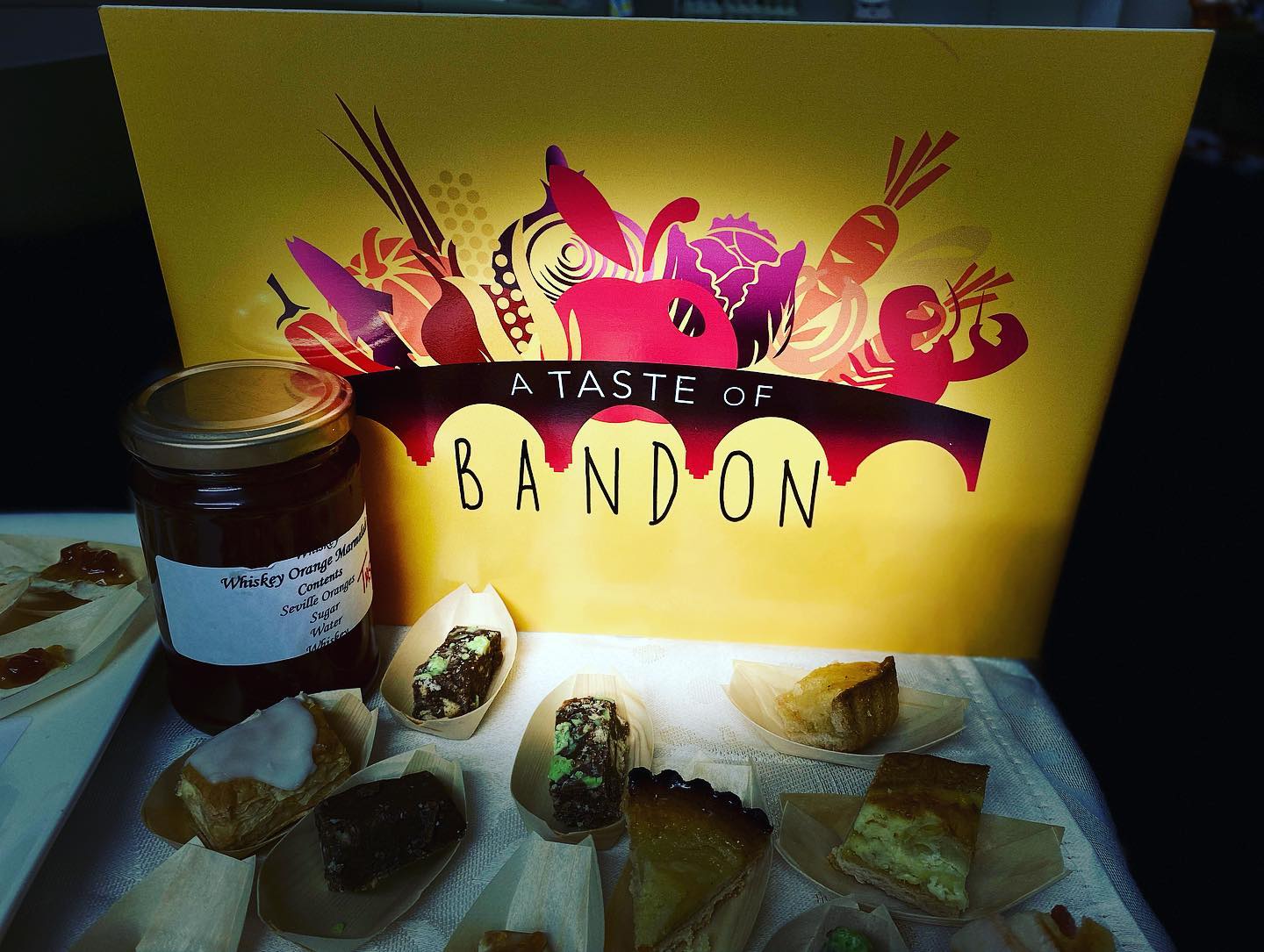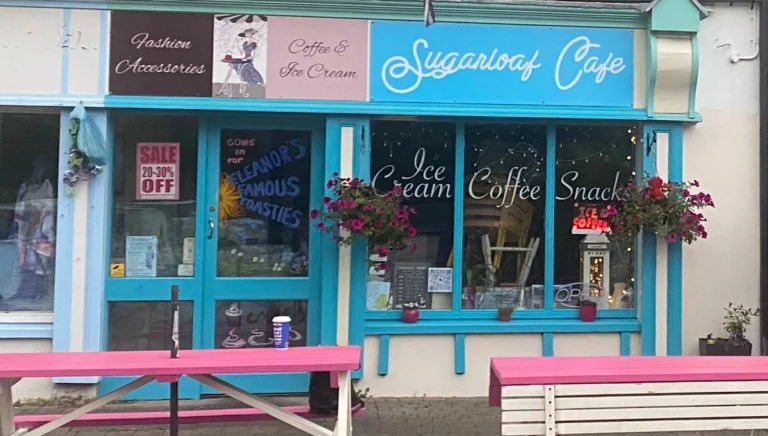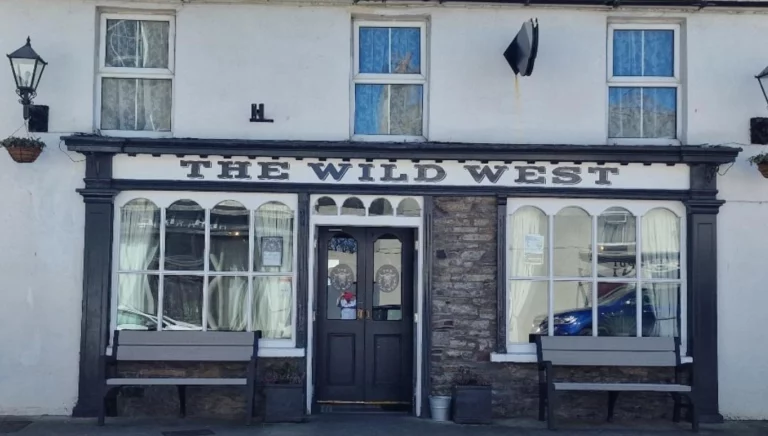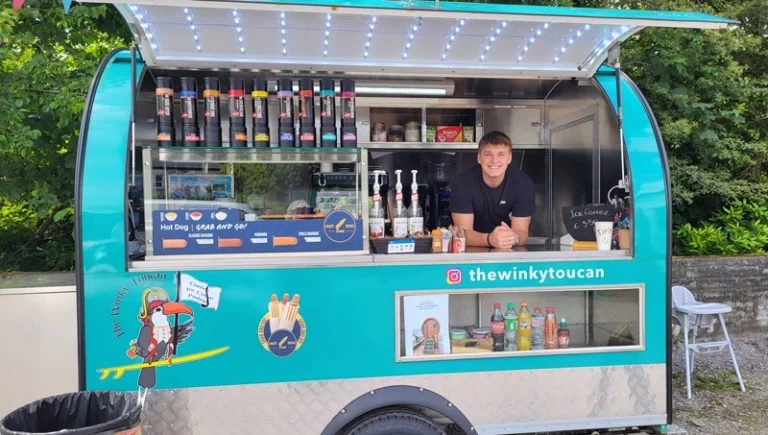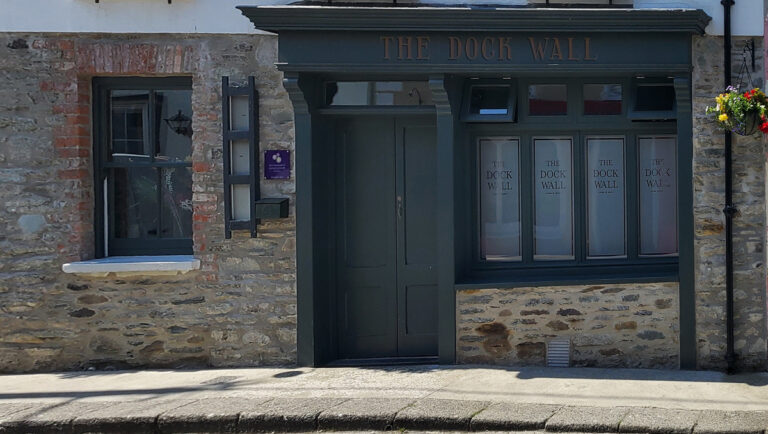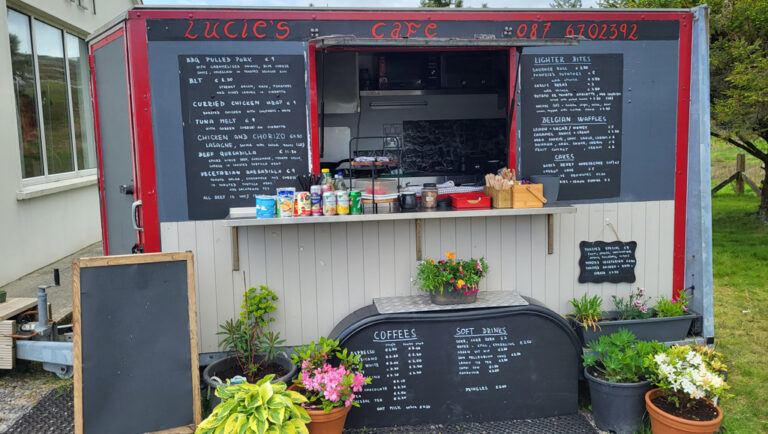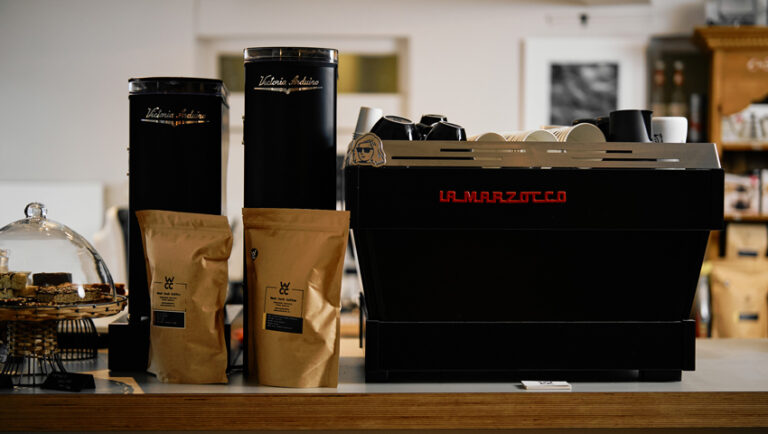It might be controversial to think any good came from COVID, but our relationship to food was brought into sharp focus during the pandemic. This can only be a good thing when you think how automatically we assume our right to have any food, at any time of year.
While pasta and flour disappeared from our supermarket shelves, the 5km restrictions meant that our town centres and local food markets were suddenly valued in a whole new way. In Bandon, our historic market town in West Cork – we are lucky enough to still be well served by three diverse weekly food markets. Our local fish market for example has been operating since 1907. The fishmonger’s success is due to the certainty her regulars have that the produce is caught only a few miles away. Her welcome expertise and recipe advice, gleaned through years of custom is a great bonus.
Our local fishmonger’s salmon darnes, scallops or plump prawns are incomparable to the meagre far travelled fish found in supermarkets.
Traditional markets provide a real democratisation of opportunity to producers. Our Country Market is a coop which has served the town for fifty years. It has producers ranging in age from their 30s to 80s – resulting in freshest possible produce from Asian Rolls to Apple Pies all made within a 10 mile radius.
Many members of our co-op are market gardeners and so we can offer great local honey, free range eggs, cakes and bread. Following the season faithfully, we won’t have blackberries in January, but we will have wild garlic and elderberry tonic in season, and the premises will be thronged with reasonably priced garden plants in summer and Christmas cakes in the festive season. All are freshly made without additives, and zero air miles.
Cutting The Ties that Bind Us
The fish market experience offers a very different transaction from the automatic, self-service checkout now available in most supermarkets.
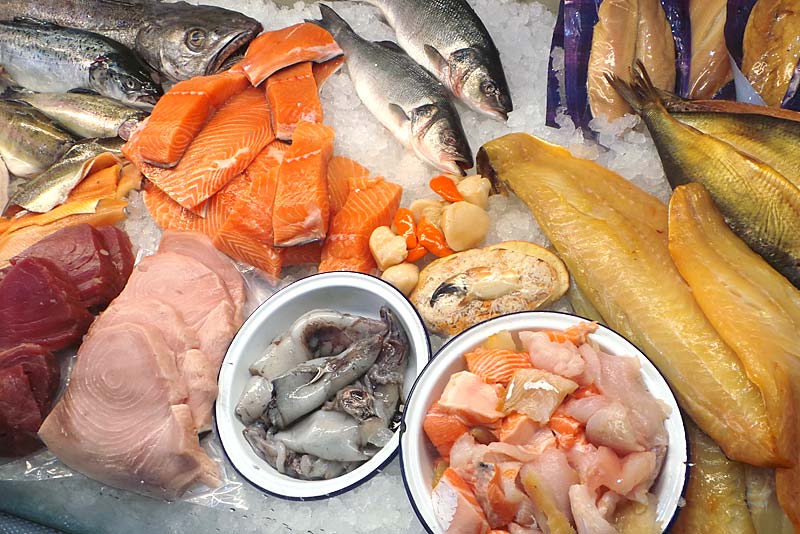
I wish I could forget the ‘Amazon Fresh’ experience when I recently visited London. In these ghoulish premises you don’t even have to check out at all, as transactions are virtually caught on camera when you take the item from the shelf, and deducted directly.
That we can do our shopping without speaking to anyone, means that automation cuts the threads that hold us together not just as human beings but as a community. Even more insidiously, it severs our connection to our food and where it comes from, whose convenience does it serve?
On Saturdays our Bandon’s Farmers Market is a cultural platform for community events and food festivals. With music, children, pancakes and pizza, it was a welcome haven during lockdown and remains a great place to meet friends at the weekends. These local producers provide food at the peak of freshness, and as well as making a livelihood they provide a great service to the community.
Yet, a local food market which has been going for 50 years, closed in nearby Carrigaline, though it’s population almost tripled in the same period.
As we become increasingly time-poor shoppers, it has been shown that the ‘big shop’ and globalisation of our food supply encourages us as customers to buy much more than we need.
Rather than costing less, as advertisers would have us believe, this tendency to overbuy is not a result of our weakness, but due to a highly persuasive science.
Visual merchandising, two-for-one special offers, ‘money back’ vouchers and widespread below-cost items lead us to habitually spend more than planned. This leads to the unpalatable fact that 50 – 70% of all food waste comes from our own kitchens (Waste and Resources Action Programme in the UK in 2020).
Market Values
The argument that global markets are good for consumers doesn’t stack up when you think we now import almost all our apples, while local varieties are dying out. Closures of specialist shops, bakeries, butchers, grocers etc, ironically lead to less choice – not more! Consider 2021 findings from the Guardian & Water Watch, which showed that 73% US breakfast cereals sales dominated by 3 major companies, or that more than 80% of beef processing and 70% of pork processing is controlled by four multinational giants.
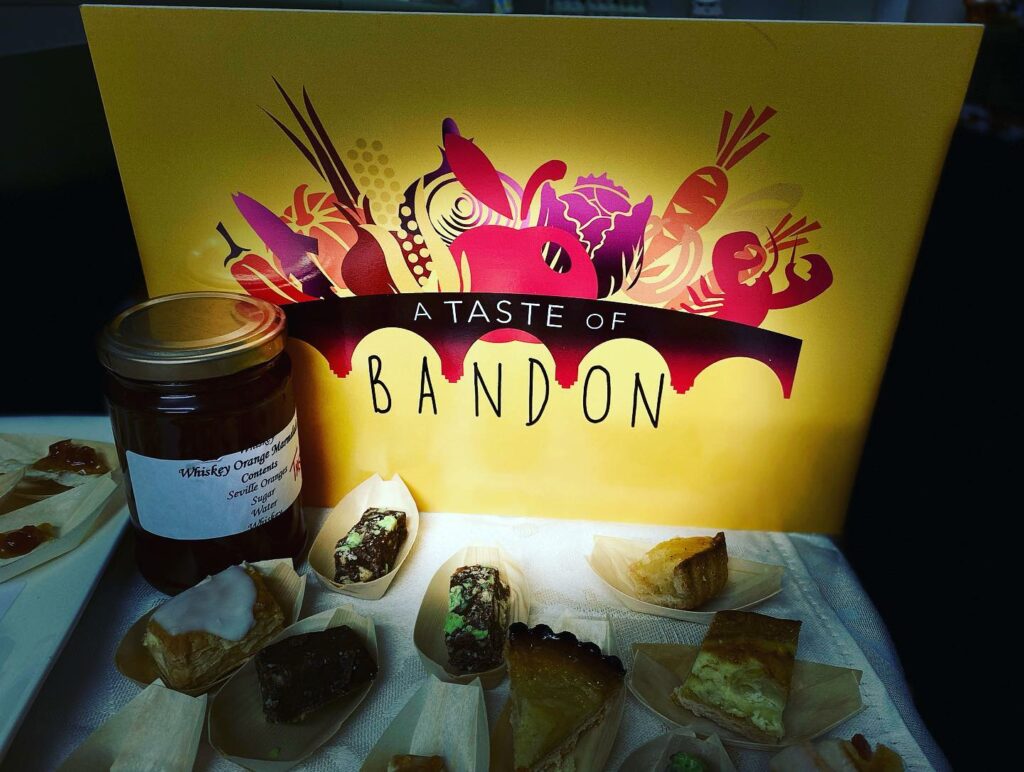
Our markets are far more than a quaint tradition; they are the original impetus for many towns and provide a vital asset to footfall on our Main Streets, countering the Tesco-isation of town centres. All our markets are based within five minutes’ walk within Bandon town centre. When the markets are on, there is a buzz.
They are also a unique ingredient to counter the cloning trend (known as Tesco-isation in planning) that is creeping into our town centres, where ailing main streets begin to look the same
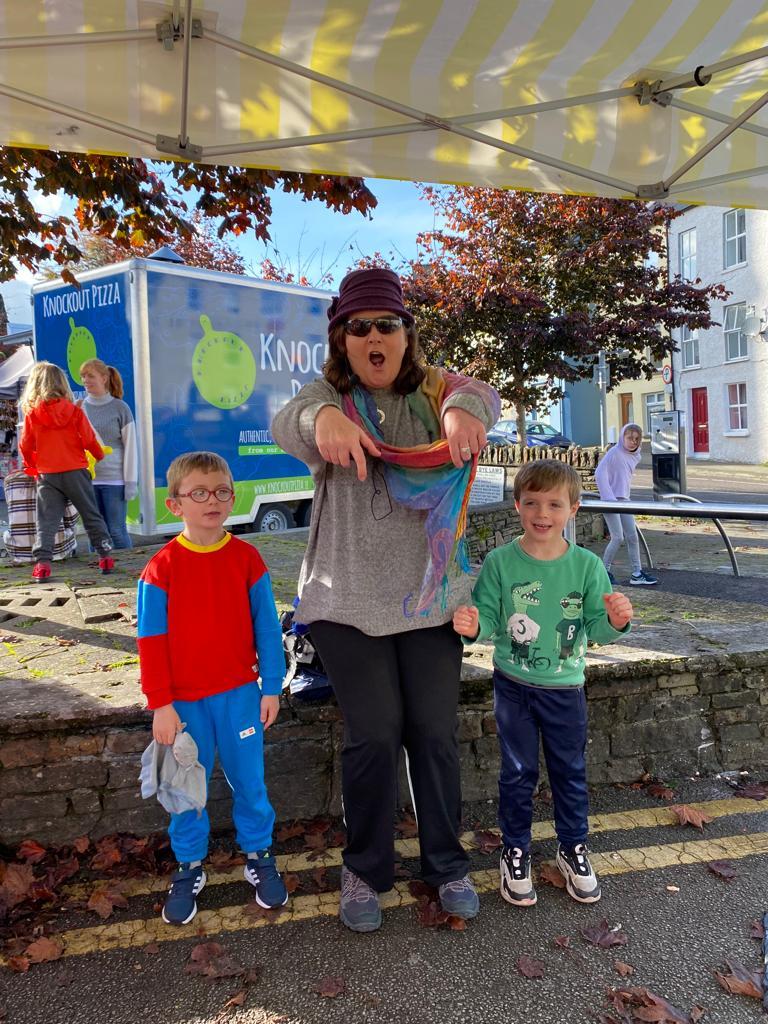
Markets are a place for gathering, and in doing so they promote a sense of belonging. This use of public spaces is key – and needs to be nurtured by local authorities. Money spent in these markets is 70% more likely to be spent locally – lawyers, plumbers, trades and shops benefit.
Our towns are great places to live if we nurture what makes them different. This isn’t anti-progress but playing to our strengths. We are responsible for prioritising what really matters to us.
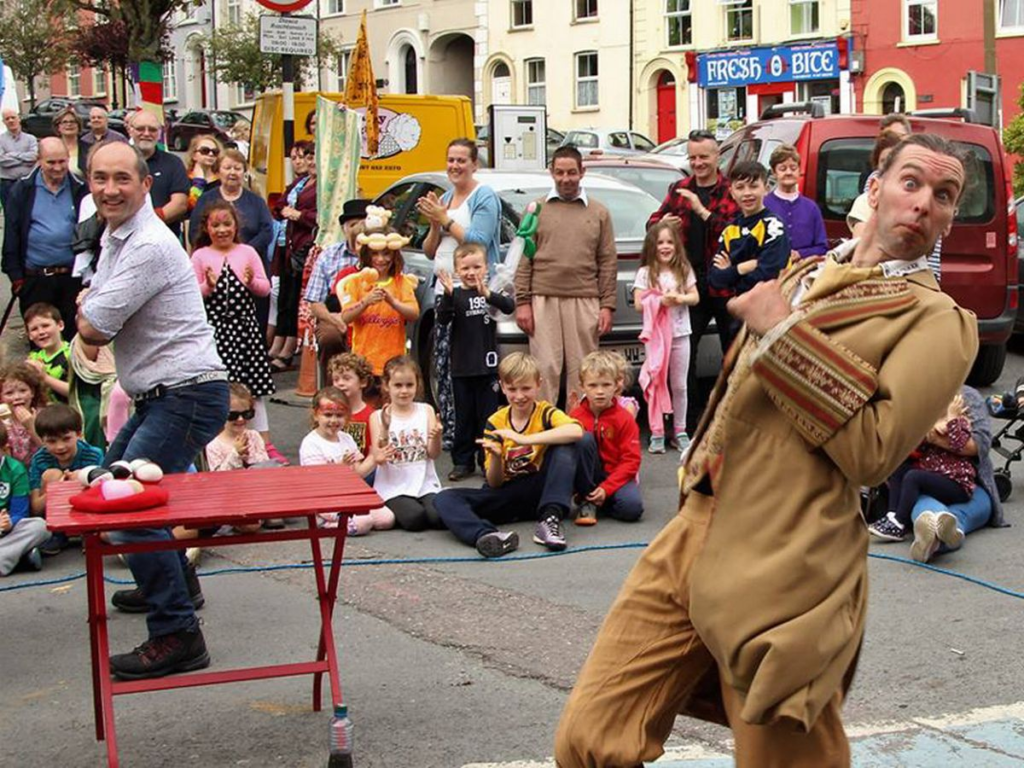
If you can, supply your local market – they preserve our heritage, our food stories and provide a strong community space. Food events, and markets also play a strong role in attracting visitors and food dollars to town. Losing them would them would be a sad loss of our market values.
